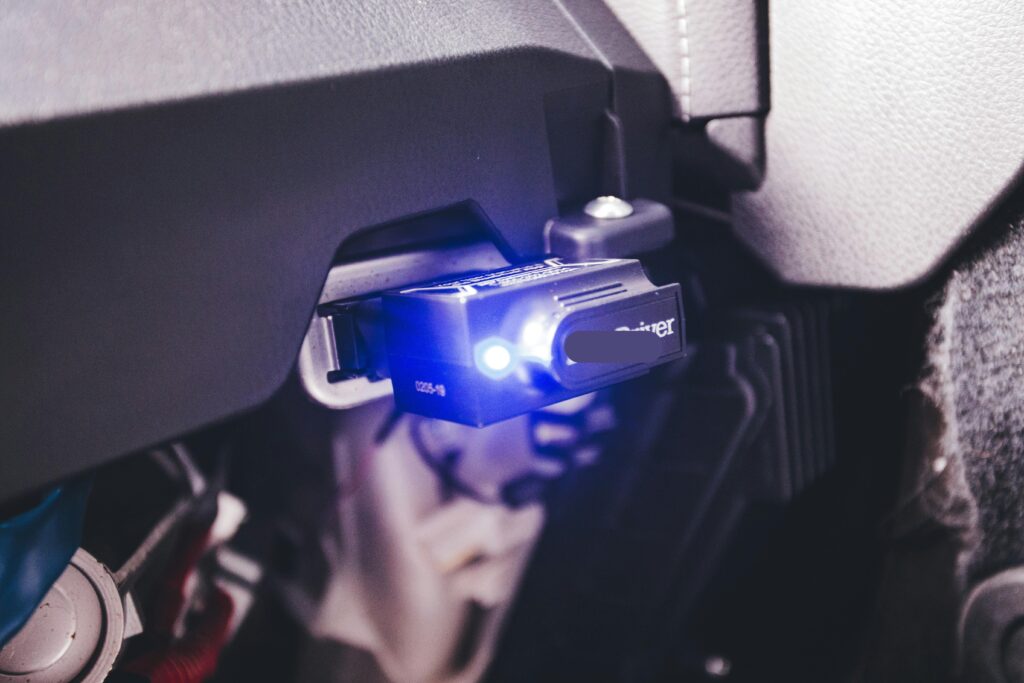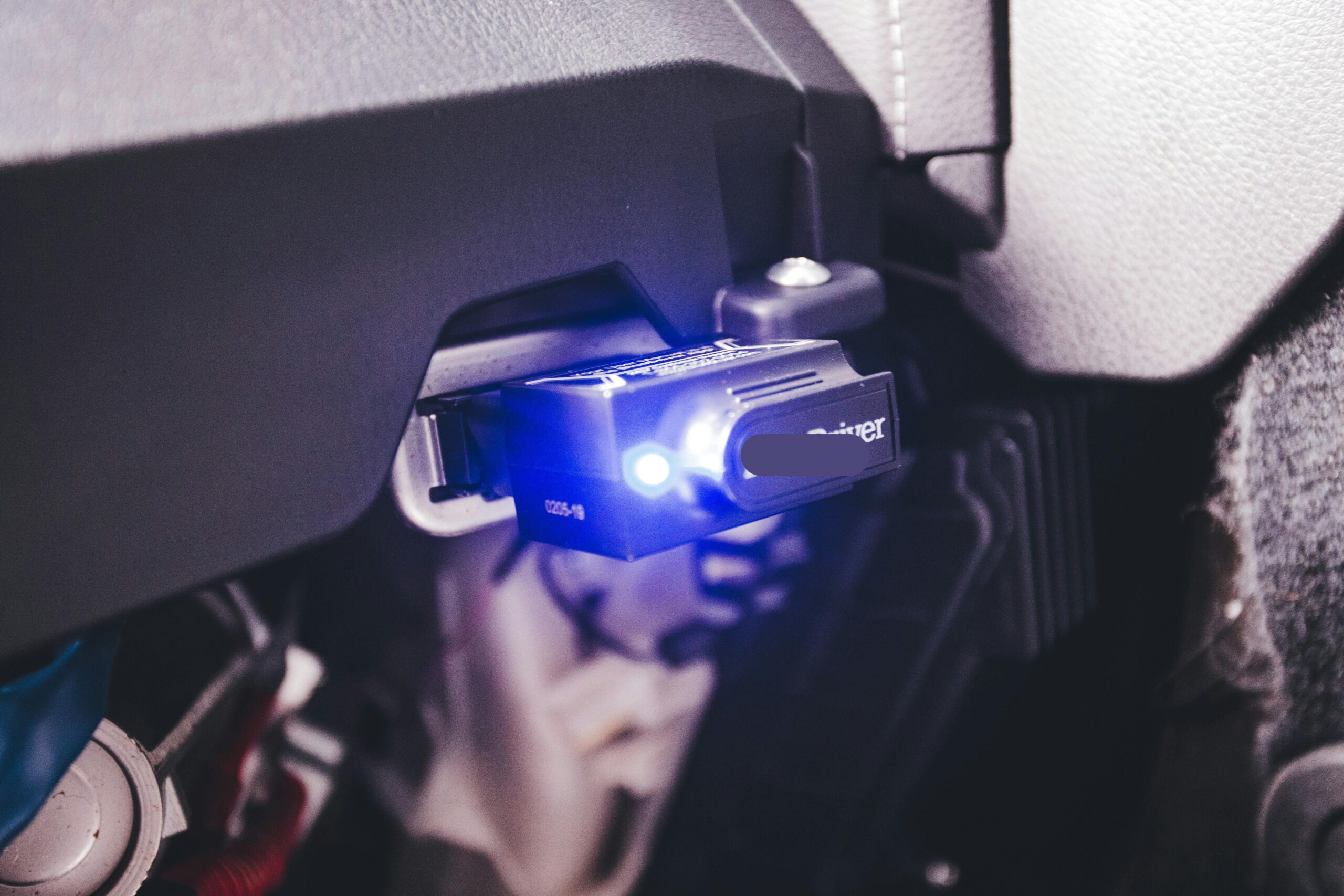
Modern cars are more advanced than ever before, with complex electronics and systems that help your vehicle run efficiently. One of the most important tools for diagnosing and troubleshooting issues with your car is the OBD scanner(On-Board Diagnostics scanner). But what exactly is an OBD scanner, and how can it help you maintain your car in top condition?
At Anyplace Auto Repair, we specialize in mobile diagnostics and OBD scanner services in Phoenix, Scottsdale, Mesa, Tempe, Glendale, and surrounding areas. In this blog post, we’ll break down what an OBD scanner does, how it works, and why it’s essential for your vehicle’s maintenance and repairs.
What is an OBD Scanner?
An OBD scanner is a tool used by mechanics and automotive professionals to connect to your vehicle’s OBD system and retrieve diagnostic information about its performance. The OBD system is an integrated system that continuously monitors your vehicle’s engine, transmission, emissions control systems, and other vital components.
OBD scanners can read error codes stored in the vehicle’s ECU (Electronic Control Unit), allowing technicians to quickly identify issues that may be affecting your vehicle’s performance. This tool is an essential part of vehicle diagnostics and is used to detect potential problems before they become major issues.
How Does an OBD Scanner Work?
When you connect an OBD scanner to your vehicle’s OBD port (usually located under the dashboard), the scanner communicates with the vehicle’s ECU to retrieve data about the car’s systems. The scanner then displays this data on a screen, showing any error codes or malfunctions that have been logged by the ECU.
The OBD system monitors various aspects of your car’s performance, including:
- Engine performance
- Fuel efficiency
- Exhaust system and emissions
- Transmission issues
- Battery voltage
- Ignition system
When a problem occurs, the OBD system records the issue and stores an error code. The scanner can read these codes and provide a description of the problem, helping technicians or car owners identify and fix the issue efficiently.
What Can an OBD Scanner Detect?
An OBD scanner can detect a wide range of issues with your vehicle, helping you stay on top of repairs and avoid breakdowns. Here are some of the common problems that an OBD scanner can detect:
1. Engine Issues
The OBD system monitors the engine’s performance, including fuel efficiency, ignition timing, and air-fuel ratio. An OBD scanner can detect issues like:
- Misfires
- Reduced engine power
- Poor fuel efficiency
2. Emissions Problems
The OBD system is designed to monitor your vehicle’s emissions control system, ensuring that harmful gases like carbon monoxide (CO) and nitrogen oxides (NOx) are kept to a minimum. An OBD scanner can detect:
- Faulty oxygen sensors
- Issues with the catalytic converter
- Malfunctioning exhaust gas recirculation (EGR) systems
3. Transmission Issues
The OBD scanner can also monitor the performance of your car’s transmission, detecting problems like:
- Delayed shifting
- Slipping gears
- Transmission fluid issues
4. Battery and Charging System Issues
The OBD system can also check your battery voltage and the performance of your car’s charging system. An OBD scanner can flag problems like:
- Low battery voltage
- Alternator malfunctions
5. Sensor Problems
Many of your vehicle’s sensors are connected to the OBD system, including those that monitor airflow, coolant temperature, and fuel pressure. An OBD scanner can detect faulty sensors and alert you to issues before they cause major engine problems.
6. Brake System Issues
In some cases, the OBD system can also provide information about brake systems, including the ABS (Anti-lock Braking System). The scanner will detect problems like:
- ABS malfunctions
- Low brake fluid
Benefits of Using an OBD Scanner
1. Early Detection of Problems
One of the main benefits of an OBD scanner is the ability to identify problems early, before they turn into major issues. By detecting potential issues while they’re still minor, you can avoid costly repairs and maintain your car’s performance.
2. Saves Time and Money
Using an OBD scanner allows mechanics to quickly pinpoint issues, saving time during diagnostics. This means that repairs can be completed faster, reducing labor costs and helping you avoid unnecessary repairs.
3. DIY Diagnostics
Many OBD scanners are available for purchase by consumers, allowing car owners to perform their own diagnostics. If the check engine light comes on, you can use an OBD scanner to check the error codes yourself, helping you understand the problem before you call a mechanic.
4. Keeps Your Car Running Efficiently
Regular use of an OBD scanner can help ensure that your car’s systems are running efficiently, improving fuel efficiency, engine performance, and emissions control. This contributes to better vehicle health and saves you money on gas.
Why Choose Anyplace Auto Repair for Your OBD Diagnostics?
At Anyplace Auto Repair, we offer mobile diagnostics and OBD scanner services in Phoenix, Scottsdale, Mesa, Tempe, Glendale, and surrounding areas. Our experienced technicians use state-of-the-art diagnostic tools to quickly identify any issues with your vehicle, ensuring your car is running at its best. We’ll come to you—whether you’re at home, at work, or stranded on the side of the road—providing fast, reliable service.
Schedule Your OBD Diagnostics Today
If you’re experiencing issues with your car or just want to stay on top of maintenance, Anyplace Auto Repair is here to help with mobile OBD diagnostics. Our expert technicians will come to you and ensure your car is running smoothly. Don’t wait for problems to escalate—schedule your OBD diagnostic today!
📞 Call us at 480-613-2078 or book online at www.anyplaceautorepair.com
#OBDScanner #CarDiagnostics #MobileMechanic #PhoenixAutoCare #AutoRepair #CarMaintenance #EngineDiagnostics #TransmissionIssues #OBDDiagnostics #PhoenixMechanic
- How Extreme Heat Affects Car Batteries in Phoenix, AZ (and What to Do About It)
- Wheel Alignment in Phoenix, AZ: What You Need to Know
- Check Engine Light in Phoenix, AZ: What It Really Means (And Why You Shouldn’t Ignore It)
- Transmission Repair in Phoenix, AZ – Mobile Service & What You Need to Know
- Alternator Problems in Phoenix, AZ: Signs, Causes & Mobile Fixes


Leave a Reply